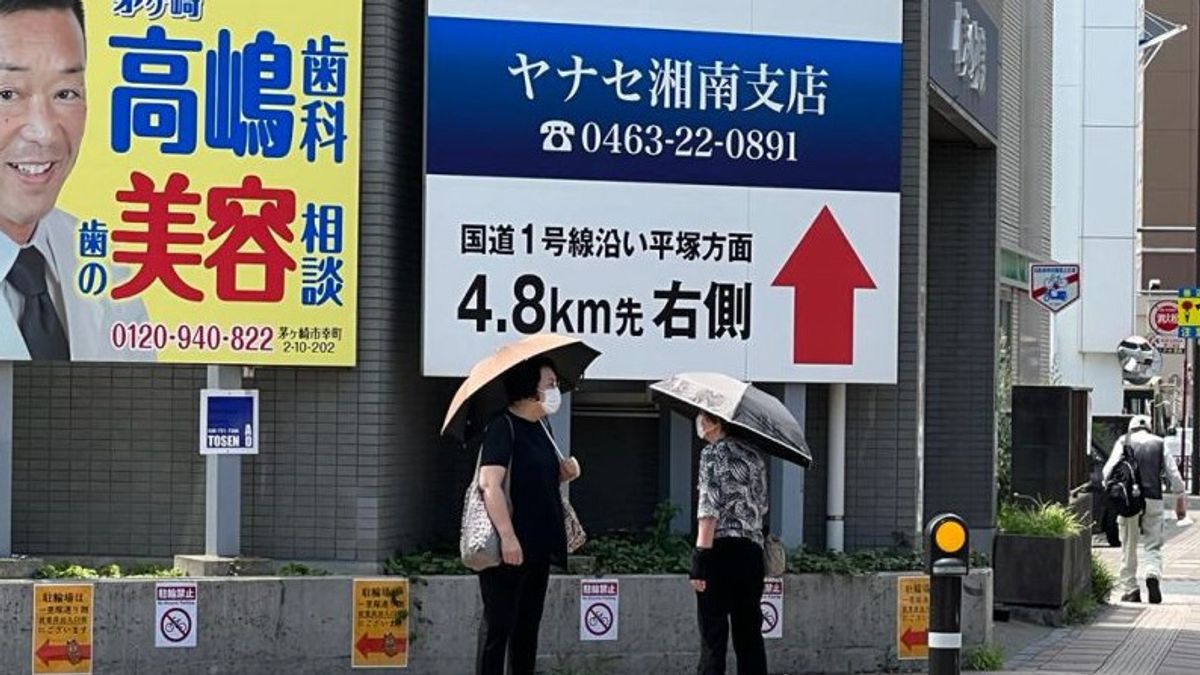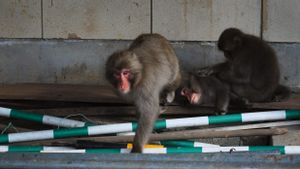JAKARTA - The Ambassador of the Republic of Indonesia to Japan and the Federation of Micronesia Heri Akhmadi appealed to Indonesian citizens (WNI) to be aware of extreme weather changes, especially in summer.
"We have given directions to be followed, indeed in hot and rainy situations that appear early, we must be careful not to overdo it in open spaces," Heri said when met in Tokyo as reported by Antara, Thursday, July 21.
However, he also advised not to overuse the air conditioner at home or indoors. In addition, his party also follows the advice of the Japanese Government to regulate the air conditioner at a temperature of 26-28 degrees Celsius so that there are no extreme changes between outside and inside the room.
"Thus, inside and outside the room the temperature is not too much different because if the heat continues it is not good, the most dangerous thing is when it is cold, hot, and cold quickly which can cause heat stroke," he said.
The reason is, hot temperatures hit Japan in early July, even up to above 35 degrees Celsius. In some cities, such as in Isesaki it reached 40.3 degrees Celsius and in Tokyo itself it reached 37 degrees Celsius.
Due to the high temperature, the Ministry of Economy, Trade, and Industry appealed to businesses and the public to conserve energy.
Based on Antara's monitoring, franchise stores in several cities, such as Chigasaki and Hiratsuka, Kanagawa Prefecture, turn off some lighting or lights during the day to save electricity.
Meanwhile, in mid-July, hot weather alternates with heavy rainfall in several cities around Tokyo, resulting in rapid temperature changes.
SEE ALSO:
The Japan Meteorological Agency on Thursday also issued a notification and warning of the potential for heavy rain and sudden lightning strikes for the area around Tokyo.
The English, Chinese, Japanese, Arabic, and French versions are automatically generated by the AI. So there may still be inaccuracies in translating, please always see Indonesian as our main language. (system supported by DigitalSiber.id)


















